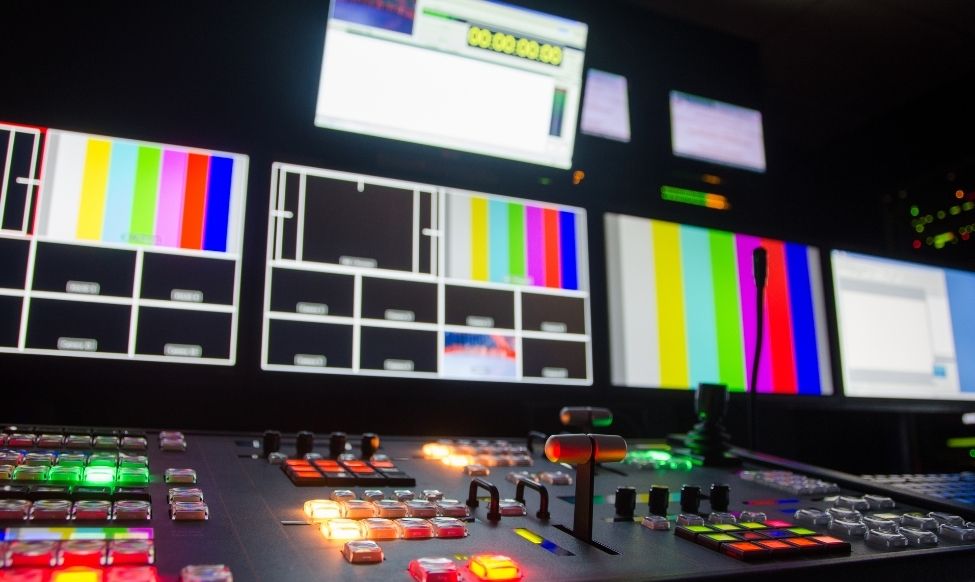Just about the only thing that the broadcast networks and the founders of Aereo—a service that sells live television programming online—can agree on is that the technology will fundamentally change the broadcast network business.
On January 10, 2014, the Supreme Court agreed to hear the dispute between television broadcasters and Aereo, a New York-based technology start-up that distributes broadcast signals through a network of small antennas in a “cloud,” allowing subscribers to record shows on the remote DVR and watch live and recorded programming from their mobile devices. The growing service is currently available in 10 cities for a monthly fee of $8 to $12.
At the heart of the case are “retransmission fees” – money paid to networks and their local stations by cable and satellite subscribers for access to their signals and the right to retransmit their programming. Retransmission fees are an enormous revenue source for broadcasters, who are estimated to collect $4.29 billion in retransmission fees from cable and satellite companies in 2014. Unlike cable and satellite services, Aereo does not pay the networks to distribute their broadcast signals. As such, the broadcast networks argue that Aereo’s business model is pure and simple theft, selling subscribers stolen programming. They argue that Aereo sells “public performances” of copyrighted work without the copyright owners’ permission, in violation of U.S. copyright law.
Broadcast networks also fear that if allowed to continue, Aereo’s business will lead cable and satellite companies to avoid hefty retransmission fees by streaming free TV signals. The business model would also undermine local broadcast networks in their negotiations with cable companies.
Aereo’s position, however, is that the company is simply a modern-day rabbit ears antenna that allows customers to watch free broadcast television over public airwaves. The Second Circuit agreed with Aereo in an April 2013 decision, finding that “Aereo’s transmissions of unique copies of broadcast television programs created at its users’ requests and transmitted while the programs are still airing on broadcast television are not ‘public performances’ of the [networks’] copyrighted works.” The Second Circuit decision upheld a decision from the Southern District of New York in which the court had denied the broadcaster-plaintiffs’ motion for a preliminary injunction barring Aereo from transmitting recorded programs to its subscribers while the programs were airing on broadcast television.
Some broadcast networks, including CBS, have claimed that a ruling for Aereo would prompt them to change their long-established networks into cable channels. Arguments in the high-stakes case are scheduled before the Supreme Court in April.
Sources and additional information:
WNET, Thirteen v. Aereo, Inc., 712 F.3d 676 (2d Cir. 2013)
Adam Liptak and Bill Carter, “Justices Take Case on Free TV Streaming,” New York Times, January 10, 2014.
Greg Stohr, “Broadcasters Get U.S. Supreme Court Review in Bid to Stop Aereo,” Bloomberg, January 11, 2014.
Joe Flint and Ryan Faughnder, “Supreme Court to Hear Aereo Case,” Los Angeles Times, January 11, 2014.

